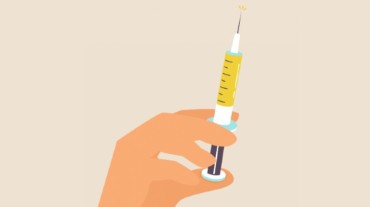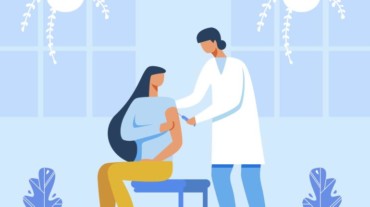
When it comes to having safe sex, it is imperative to use protection. Not using protection while having sex can not only cause unwanted pregnancy, but also invite STDs like HPV.
HPV or human papillomavirus is one of the most common sexually transmitted infections. As per a recent study, published in the journal JAMA Network Open, just receiving a single dose of the human papillomavirus (HPV) vaccine might be as effective as receiving two or three HPV shots.
About 34,800 new cancer diagnoses are linked to HPV annually, according to the US Centers for Disease Control (CDC).
Although the study included only women participants, the CDC recommends a two-dose regimen for all children, starting the series before age 15, or a three-dose regimen if the series is started between ages 16 to 26.
However, it is too early for people to rely on a single dose of the vaccine for protection, according to senior author Ashish Deshmukh, Assistant Professor at The University of Texas Health Science Center at Houston (UTHealth).

“HPV vaccine coverage is less than 10% globally because of poor vaccine uptake rates in many resource-limited countries. Ensuring boys and girls receive their first dose is a big challenge in several countries and a majority of adolescents are not able to complete the recommended series due to a lack of intensive infrastructure needed to administer two or three doses,” Deshmukh said.
Also, read: Cervical cancer and HPV: How getting vaccinated can save you
“If ongoing clinical trials provide evidence regarding sustained benefits of a one-dose regimen, then implications of single-dose strategy could be substantial for reducing the burden of these cancers globally,” he added.
The latest generation of the HPV vaccine has the potential to protect against nearly 90% of cancer-causing HPV infections. Yet, current vaccination rates are less than ideal.
“The current HPV vaccine dosing regimen can be cumbersome for people to understand. If one dose is proven effective in trials, the vaccine regimen will be simplified,” said UTHealth School of Public Health assistant professor and lead author Kalyani Sonawane.
Select Topics of your interest and let us customize your feed.
PERSONALISE NOW